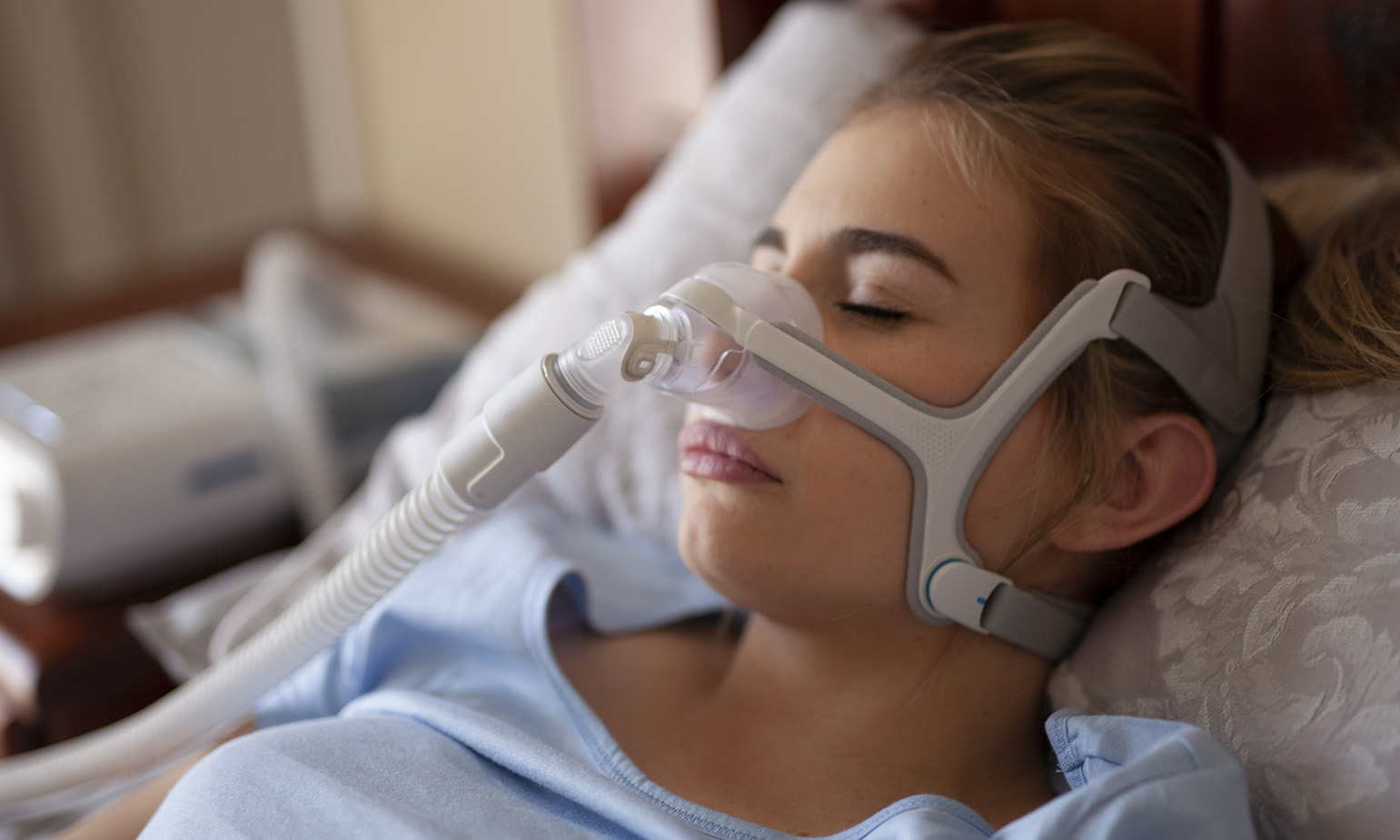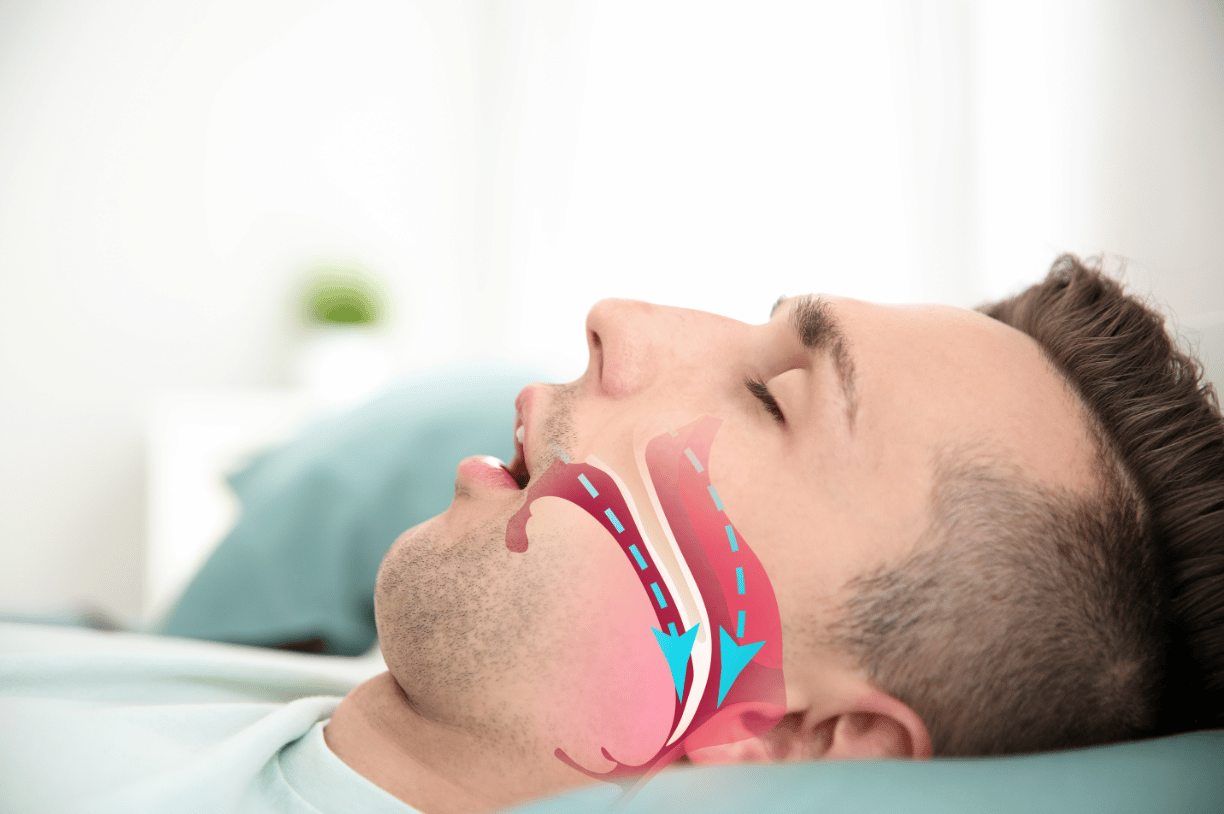This is a sleep disorder that affects millions of people worldwide. It can cause several health problems, including heart disease and high blood pressure. This comprehensive guide will discuss the causes, symptoms, and treatment options for OSA. We will also answer some common questions about this condition. If you are concerned about your safety and want to learn more about sleep apnea, this guide is for you!
Table of Contents
What Is Obstructive Sleep Apnea?
This sleep disorder occurs when the airway becomes blocked during sleep. This can cause several health problems, including heart disease, high blood pressure, and stroke. OSA is the most common type of sleep apnea.
What Are The Symptoms of OSA?
The most common symptoms of the disease include:
- Excessive daytime sleepiness: feeling very tired during the day, even after a good night’s sleep
- Frequent snoring: this is usually the first sign that someone has OSA
- Choking or gasping for air during sleep can occur for several hours and may awaken you.
- Waking up with a dry mouth or sore throat in the morning signifies not getting enough air.
- Headaches: these are common in people with OSA
- Irritability or mood swings: feeling irritable, grumpy, or short-tempered can be a sign of sleep deprivation
- Difficulty concentrating: poor concentration can be a sign of sleep apnea
What Are The Causes Of Obstructive Sleep Apnea?
The most common causes of this disorder include:
- Obesity
This is a common cause. When someone is overweight, they are more likely to experience throat and neck obstruction during sleep.
- Smoking
Cigarette smoke can irritate the airways and increase the risk of developing OSA.
- Alcohol consumption
Heavy alcohol consumption can relax the muscles in the throat and lead to obstruction during sleep.
- Age
As people get older, they are more likely to experience throat and neck obstruction during sleep.
- Genetics
Some people are more likely to develop OSA due to genetics.
What Are The Treatment Options For OSA?
- Lifestyle changes
These lifestyle changes can help reduce the risk of developing OSA, including losing weight, quitting smoking, and reducing alcohol consumption.
- CPAP therapy
This is the most common treatment for obstructive sleep apnea. CPAP therapy involves wearing a mask during sleep that delivers pressurized air to the throat to keep the airway open.
- Surgery
In some cases, surgery may be necessary to correct the anatomical problems obstructing sleep.
- Oral appliances
These devices are worn during sleep and help to keep the airway open.

Why You Need to Know About Sleep Apnea
This is a severe sleep disorder that can cause several health problems. If you are experiencing any OSA symptoms, it is vital to see a doctor for diagnosis and treatment. Treatment options include lifestyle changes, CPAP therapy, surgery, and oral appliances. In addition, you can improve your quality of life and reduce your risk of developing severe health problems with the proper treatment.
Advantages of CPAP Therapy
There are several advantages to using CPAP therapy that, including:
- Improved quality of life
- Reduced risk of developing heart disease, high blood pressure, and stroke
- Better concentration and memory skills
- You have increased energy levels.
When Should One See the Doctor?
If you are experiencing any of the symptoms of this disorder, it is crucial to see a doctor for diagnosis and treatment. Treatment options include lifestyle changes, CPAP therapy, surgery, and oral appliances. In addition, you can improve your quality of life and reduce your risk of developing severe health problems with the proper treatment.
SA is a severe sleep disorder that can cause several health problems. If you are experiencing any OSA symptoms, it is important to see a doctor for diagnosis and treatment. Treatment options include lifestyle changes, CPAP therapy, surgery, and oral appliances. In addition, you can improve your quality of life and reduce your risk of developing severe health problems with the proper treatment.



